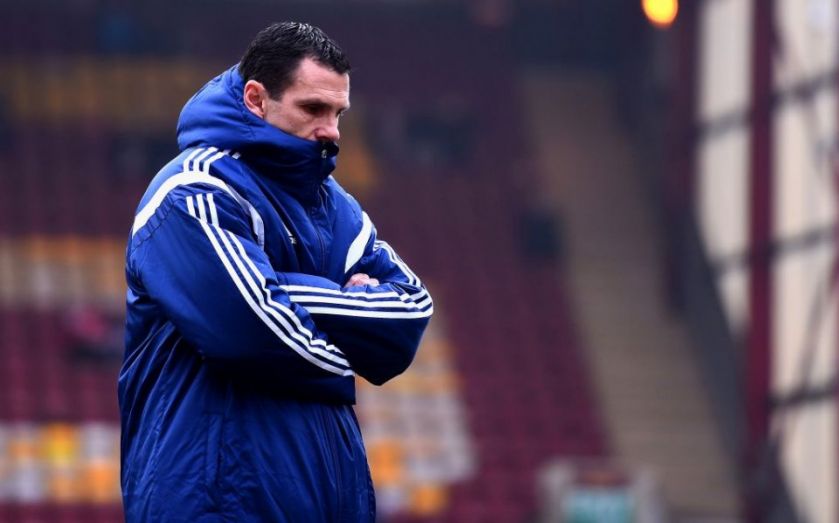Is Ellis Short the problem? Sunderland’s massive transfer spend since takeover suggests Paulo Di Canio may be right

Gus Poyet has been sacked as manager of Sunderland, a development that will surprise no one who has paid the slightest attention to the team’s fortunes this season.
The club sit just one place above the Premier League relegation zone, have won just once in their last 12 league games, and have been at the wrong end of some of the worst results of the season including this weekend’s 0-4 home reversal to Aston Villa.
It’s a familiar story of frustration for Sunderland fans, who have seen six different managers fail to bring sustained success or even progress to the club since American billionaire Ellis Short bought the club in 2008.
In that time, the only clubs who have spent more money on transfers have all qualified for the Champions League at least once (Manchester United, Manchester City, Arsenal, Chelsea, Liverpool and Tottenham).
Sunderland have spent £200.2m on new players since the beginning of the 2008/2009 season, averaging £28.6m per season. QPR are the only club outside the Champion League qualifiers with a higher average (£36.3m).

Poyet’s failings aren’t up for dispute, yet Sunderland fans can ask valid questions about why their club has failed to finish higher than 10th and has spent more time avoiding relegation than flirting with Europe.
Paulo Di Canio, one of those managers to have suffered the same fate as Poyet, has suggested the problem at the Stadium of Light may extend beyond the dugout.
“It’s not Poyet’s fault because chairman Ellis Short is the real origin of all these troubles,” the Italian told Fox Sports.
“When I was manager, two directors chose 16 players. None of them are still at the club – neither the players, nor those directors.”
No Sunderland manager can accuse Short of not being generous with funds, yet such a massive outlay on players with little result suggests that the larger philosophy and planning at the club could be lacking.
Former director of football Roberto De Fanti was sacked this time last year following a spectacularly bad summer transfer window in 2013, and was replaced by Lee Congerton who took the title of sporting director.
Short seems committed to a director/head coach model at the club, and Congerton is expected to stay in his role from beyond this season.
A new manager will be needed to stave off the short term threat of relegation, but long-term Sunderland fans will hope the club can implement a top-down philosophy that makes far better use of Short’s millions.